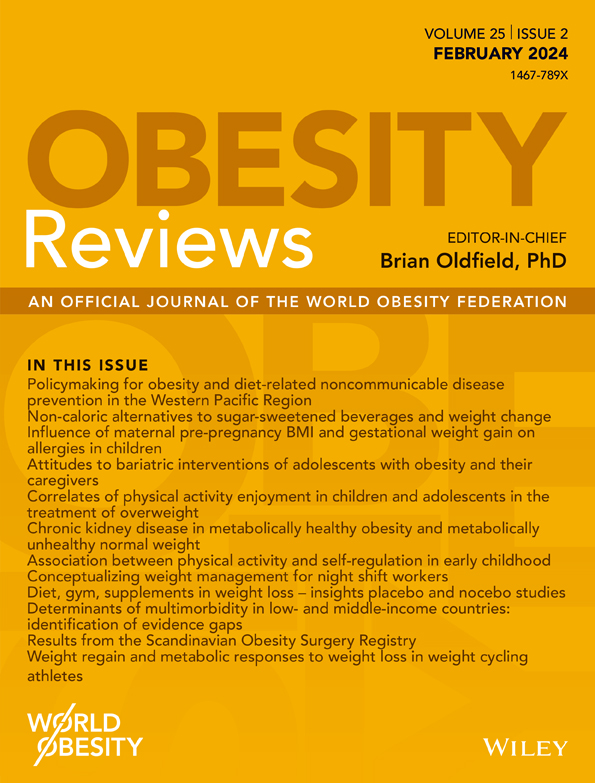Pharmacotherapies for Binge Eating Disorder: Systematic Review and Network Meta-Analysis
Abstract
Introduction
Binge eating disorder (BED) is a psychiatric diagnosis involving recurrent episodes of compulsive overeating followed by ensuing distress. Despite its significant impact on mental and physical health, pharmacological treatment options remain limited. We present the first network meta-analysis synthetizing evidence on the efficacy, safety, and tolerability of pharmacological interventions for BED.
Methods
A systematic search across PubMed, Embase, Web of Science, Cochrane Library, PsycINFO, and LILACS was conducted to identify randomized controlled trials assessing pharmacological-only interventions for adults with BED. Outcomes included reduction in binge-eating episode frequency, changes from baseline in weight, BMI, and eating disorder scores, along with remission rates, medication discontinuation rates, and adverse events. The DerSimonian-Laird random-effects model was employed to estimate the overall effect size across studies. Heterogeneity was estimated using I2, Tau-squared (τ2), and Cochrane's Q χ2 tests. Risk of bias was assessed using RoB2 Tool.
Results
Among findings with high-certainty evidence, topiramate showed the greatest efficacy for reducing binge-eating episodes (mean difference [MD] = −1.72) and promoting remission (odds ratio [OR] = 3.99), followed by lisdexamfetamine (MD = −1.50; OR = 3.33) and dasotraline (MD = −0.97; OR = 1.97). Lisdexamfetamine had the highest odds of adverse events, including anxiety, insomnia, diarrhea, and headache. Most studies failed to use validated assessment instruments and inconsistently defined remission periods.
Conclusion
Topiramate, lisdexamfetamine, and dasotraline show significant potential in treating BED. However, the landscape of pharmacotherapy for BED lacks robust evidence and methodological standardization. Larger trials with expanded sample sizes and using validated scales are needed to guide clinical practice for this highly prevalent and damaging disorder.

 求助内容:
求助内容: 应助结果提醒方式:
应助结果提醒方式:


